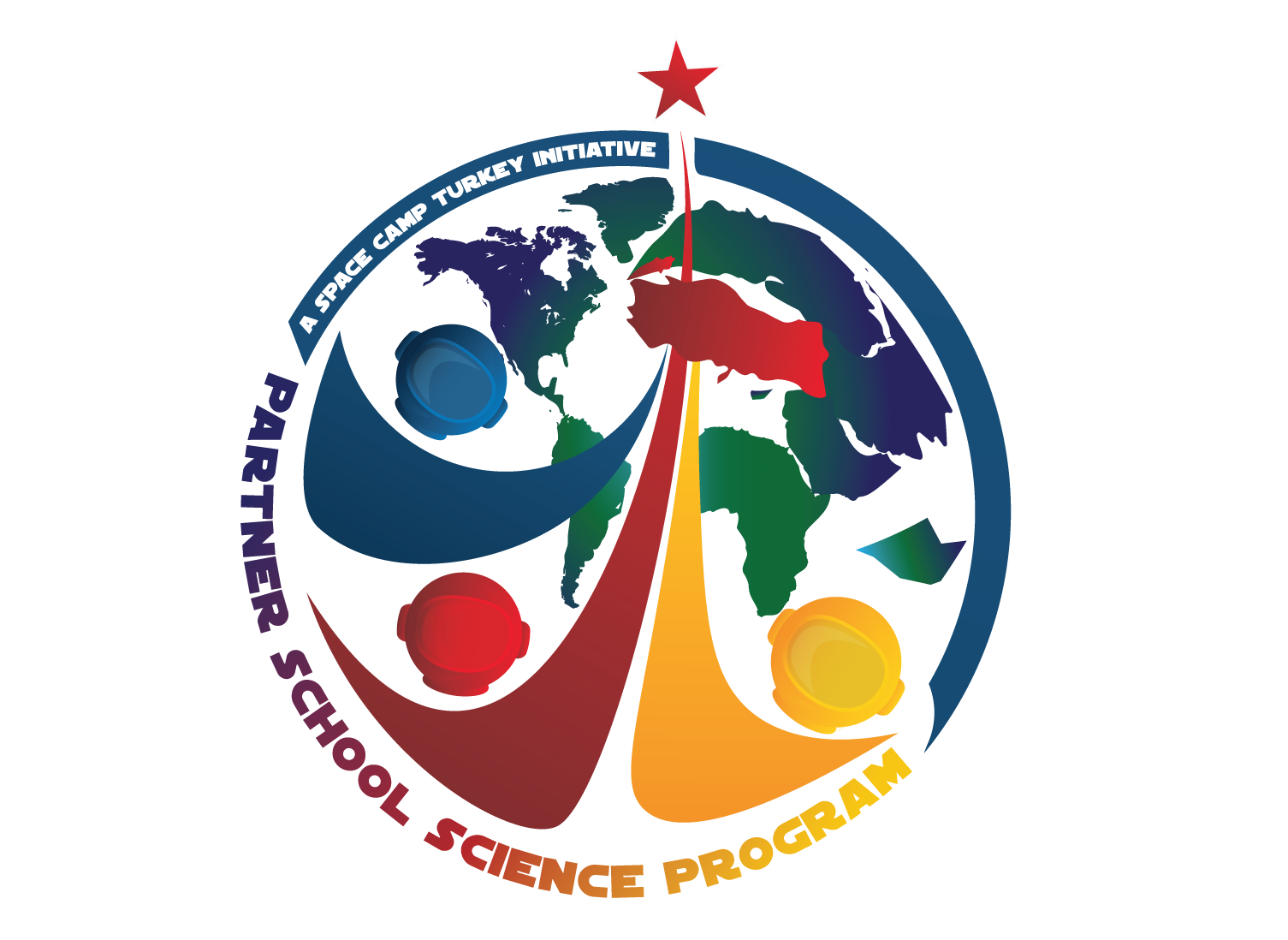- Committing to participating in the Partner School Science Program (PSSP) for one academic year.
- Assigning students their respective E-Pal friends for meaningful cross-cultural exchanges.
- Maintaining regular communication with the partner teacher throughout the academic year.
- Encouraging students to engage with their E-Pals;
- Messaging their E-Pals frequently (a minimum of twice a month).
- Sending one or more letters via regular mail..
- Dispatching a culture capsule at least once during the school year by regular mail. A culture capsule should contain small items representing students daily lives or the region they inhabit.
- Monitoring vigilantly emails or messages to prevent the transmission of inappropriate content.
- school calendars and national holiday schedules at the commencement of the school year to facilitate the scheduling of videoconferences
- Leveraging the online NASA-based educational materials available at PSSP/Curriculum to select and study relevant topics
- Undertaking a minimum of two topics from the curriculum during the school year


Partner School Science Program
Framework for Participating Foreign Schools
The Partner School Science Program (PSSP) aims to foster cross-cultural understanding and global friendship by connecting teachers and students from various countries through space education. Participants expand their knowledge and build connections with peers from different parts of the world through collaborative research and engaging in hands-on activities in the fields of math and science.
Program components include:
1. Communication (mandatory)
Each student is paired with an e-pal from their partner school. Communication occurs through the E-Pals Global Community (epals.com)or via letter templates in Microsoft Word. Considering that some schools prohibit direct messaging between students, the E-pals teacher-managed messaging system can be used, which requires teachers to approve all messages sent by students. This platform enables students to discuss their ongoing PSSP projects and share insights into their cultures and lives, fostering not only science education but also cultural understanding
2. NASA-Based Educational Materials Study (mandatory)
Participating in NASA-based space education projects is a key component of the program. These NASA-inspired educational materials are available online for students to explore. The study of these topics will be seamlessly integrated into regular school hours or may be undertaken as an after-school activity, depending on the discretion of the teacher and how it fits into the overall curriculum. This provides flexibility in application while providing students with a rich and immersive learning experience based on original NASA resources. Educational projects cover a variety of space-related topics and allow students to delve into specific areas of interest and expand their understanding of space science. Teachers play a crucial role in guiding students through this exploration, fostering discussions, and seamlessly integrating NASA-based content into the curriculum. This mandated study acts as a gateway for students to tap into the latest insights from NASA, elevating their knowledge and fostering a heightened enthusiasm for space education.
3. Collaborative Research Projects (mandatory)
Participants engage in collaborative research initiatives that involve hands-on science and math activities. These projects aim to enhance participants knowledge in these subjects while promoting cross-cultural interactions and global friendship. The collaborative nature of these projects encourages teamwork and shared learning experiences.
4. Videoconference Sessions (mandatory)
The program incorporates virtual classroom sessions, guided by experienced educators, offering students a structured learning environment to explore space-related topics, pose questions, and engage in discussions. These sessions act as a dynamic platform for interactive learning, allowing students to draw on the expertise of teachers and peers from various countries. In conjunction, facilitating three-way videoconferences between Space Camp Türkiye's Digital Learning Center and two partner schools in different countries presents participants with a unique opportunity for face-to-face interaction, fostering personalized partnerships. These videoconferences enable students to showcase their science projects in real-time, sharing their work with both Space Camp Türkiye's experts and peers from other schools. Additionally, partner schools can independently arrange an unlimited number of "Meet and Greet" videoconferences exclusively between the two schools, offering flexibility in fostering direct connections.
5. Participating in E-Pal Week at Space Camp Türkiye (highly recommended)
Program participants are encouraged to attend a special six-day session at Space Camp Türkiye in July, known as E-Pal Week. During this session, campers strengthen their connections by interacting with students from various countries and showcasing their team projects in a “Science Fair.” Optionally, American and Canadian students are offered a unique chance to deepen their understanding of different cultures through specially planned excursions.
PREREQUISITES
Age group: Students from participating schools must fall within the 12-15 years age range. Ideally, there should be equal representation of boys and girls from partnered schools, and their ages should be as closely aligned as possible.
Language: Proficiency in the English language is a program requirement, and all communication will be conducted in English, the language of Global Friendship. In email correspondence, students are encouraged to use Standard English and avoid computer shorthand.
Class size: Each school's class or group size should comprise a minimum of 15 students but should not exceed 30 students.
Technical requirements:
To ensure a seamless and productive participation experience, the program necessitates the following technical specifications:
Allocate 1 computer for every 3 students. This ratio ensures optimal engagement and accessibility during virtual sessions.
Ensure a High-Speed Internet connection, preferably through an Ethernet connection. This helps maintain a stable and reliable connection, minimizing disruptions during online activities.
Equip students with a digital camera, as these tools are essential for capturing and sharing visual elements integral to the program.
Verify the capability for videoconferencing. This feature enables real-time interaction, fostering effective communication and collaboration among participants.
EXPECTATIONS
To be eligible for inclusion in the program as a partner school, all teachers and school principals must express their commitment to fulfilling the following requirements for active participation in the Partner School Science Program:
Active Participation:
Videoconferencing:
- Ensuring access to a videoconference facility, either at school or elsewhere.
- Coordinating dates and times for videoconferences while considering the time difference between both partner schools and the operating hours of Space Camp Türkiye.
- Booking the VC through the Book your VC panel on the GFTSE website at least 36 hours before the scheduled date and time to schedule a videoconference appointment with the Distance Learning Expert.
- Participating in at least five videoconferences, one with the partner school and four involving the Distance Learning Expert.
- Conducting the first videoconference (the "meet and greet VC") with the assigned partner school to meet each other, without SCT involvement.
- Following and completing the lesson plans for each topic provided by GFTSE.
- Informing the students questions about the project to the Distance Education Specialist before the video conference and preparing the students for the video conference.
Documentation:
- Maintaining detailed documentation of correspondence and testimonials from students and teachers throughout the school year and following E-Pal Week.
- Keeping an organized record of PSSP projects and supplying GFTSE with photos, projects, and updates for publication on the GFTSE website and social media pages.
Participating E-PAL Week:
- Initiating early communication with parents to raise awareness of the possibility of joining E-Pal Week at Space Camp Türkiye, along with associated costs.
- Making concerted efforts to bring a minimum of five students to E-Pal Week, understanding that future participation in PSSP hinges on the capability to involve students in this event.
- Bringing and showcasing PSSP projects during the Science Fair at Space Camp Türkiye, typically featuring one of the years PSSP topics offered by schools.
